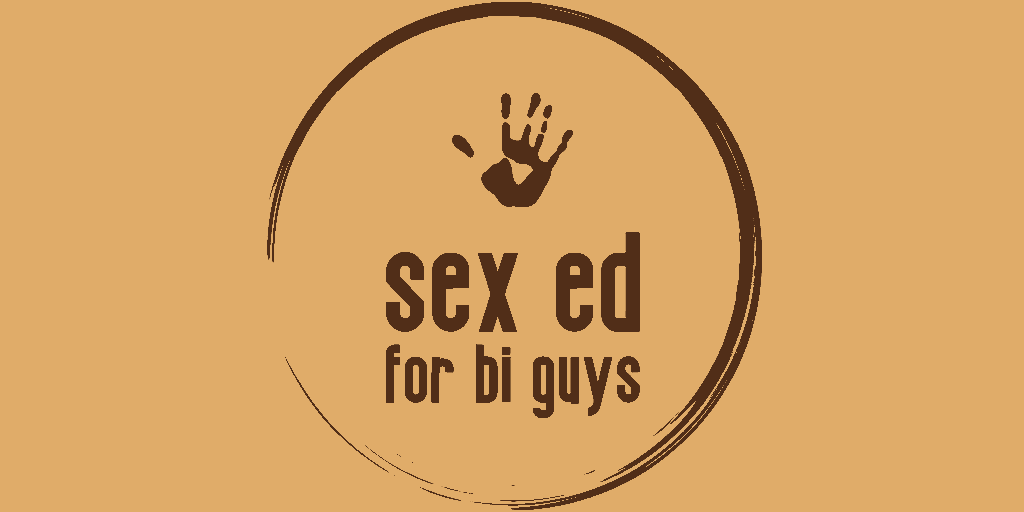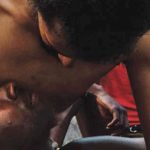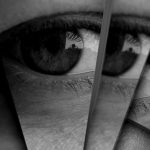This is the censored version of this post about the question “am I bisexual?”. You can view its uncensored version with sexually explicit (NSFW) photos on Pillowfort.
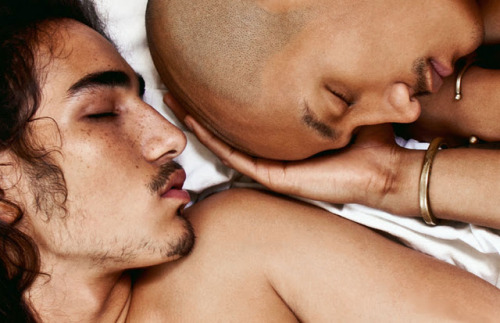
The question “am I bisexual?” keeps coming up in bisexual spaces on the internet despite the abundance of FAQs on the question. There’s a reason for that. When you reach out across the internet to ask that question, you want more than an answer: you’re longing for other fellow human beings who’ll say, “me too bro, I’ve been there.” It’s okay to want that feeling of sameness and to hear other people sound off on your experiences with bisexuality and theirs.
So go ahead: go on /r/BisexualMen, message me or post on your favourite queer internet hangout to tell us your story, and to ask us if you’re really bi. You deserve the accolades for daring to finally ask this out loud. Now I’m going to give you the best non-bulls**t answer I can muster to that big question. It’s not a simple answer, but I hope you’ll recognize yourself in all of this.
There are different journeys that can lead a guy to ask himself if he’s into more than just one gender. Some guys start asking themselves that question after believing for a long time they were only into women. Some other guys might have been identifying as gay for a while, when they realize there is more to their sexuality than that. Some others realize from the get-go they’re attracted to people no matter their gender. It’s difficult to cover the breadth of experience this represents, but still I’ll attempt to do that.
Questioning your sexuality: fantasy vs. reality
If you’re questioning your sexuality, something led to that. If you’re young, maybe you’re awakening to your sexuality. You’re fantasizing about having threesomes with both your guy best friend and his girlfriend; or maybe you’re getting both boy crushes and girl crushes. If you thought you were straight, maybe you stumbled on some gay porn on the internet, and it got you hot. Or you had a drunken hook-up with a male friend, and you can’t stop thinking about it.
If you’ve been mainly into guys, maybe you’re discovering you’re really into boobs. Or you hooked up with one of your queer female friends, and realized how much you missed heterosexual sex. Or after years of being all over guys, you’re suddenly going “girl crazy.” Usually, questioning your sexuality starts with your fantasies, with what’s going on inside your head.
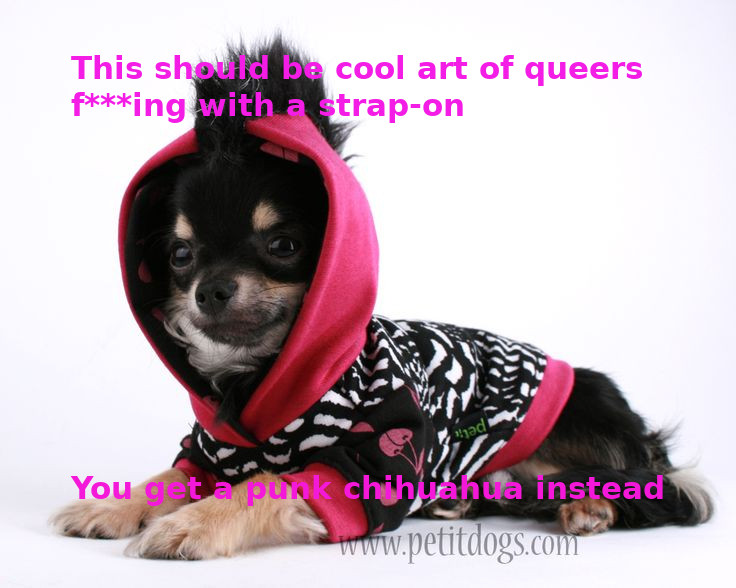
First off, there’s a gap between fantasies and reality, and it’s a realization many people end up making. Sometimes people fantasize about something but when they try it in reality, they discover they don’t like it—so they stick to the hot fantasy instead. The gay guy ends up shagging a female friend, and realizes that what got him hot in his fantasies doesn’t click in reality. Or he learns that he likes playing with boobs, but not with what’s below the belt. The straight guy who’s into gay porn goes down on a guy for the first time, and comes to the conclusion that it’s not for him. Or he figures out that he’s willing to get his d**k sucked or to top a femmy guy, but that he won’t do anything else.
If you relate to one of those experiences, you need to know that it’s okay to fantasize about something that you don’t enjoy in reality. Real-life sexual attraction and real-life sex acts you enjoy are different from fantasies in your head, where everything plays out just the way you want.
The porn question
More straight guys (and women) than you think watch gay porn. Let’s face it: typical straight porn can be bad. A lot of people find that gay porn is more fun, that performers seem to enjoy themselves more, and that the sex there looks like actual, everyday sex. Some straight guys too get turned on by specific things in gay sex. Maybe they like watching a man plow someone, no matter that person’s gender. Maybe they like the masculine vibe of the whole thing. Or it’s the opposite: they like watching a femboy give a bl**j*b or take it from behind. Maybe there’s a dominance aspect they like. The possibilities are endless, and it’s often the little things that create a turn-on.
If you find out you’re straight, and you like gay porn, check out r/TotallyStraight [NSFW]. Likewise, a lot of bisexual men focus on gay porn more than straight porn for the same reasons: they find that straight porn is a lot more contrived and doesn’t reflect their heterosexual experiences. But this can lead them to question at times their desires towards women.
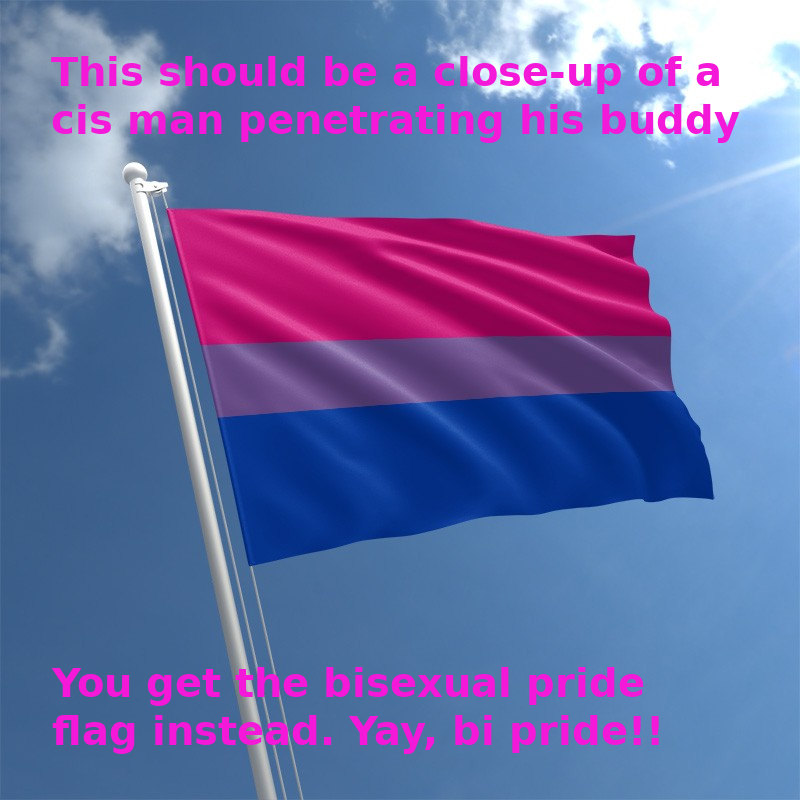
Questioning your sexuality when you’re trans, nonbinary or both
Now, it wouldn’t be fair to talk about bisexuality without talking about the experiences of trans and nonbinary dudes (two categories that aren’t mutually exclusive) with it. I’m cisgender, so I’m not the best person to talk about this. But about a third of trans people are bisexual or pansexual; there’s a lot of overlap between trans and bi+ realities. I don’t have stats specifically for trans guys or for nonbinary guys, but anecdotally, I can tell you that a lot of them are bisexual, polysexual, or pansexual.
I’ve talked with friends about their medical transition (that both nonbinary and trans folks can end up undertaking). It was common for sexual feelings to change when they got on hormone therapy, both in terms of what the feelings “felt” like than to whom they were attracted. If you’re starting hormone replacement therapy (HRT), you might start being attracted to genders to which you were not attracted before. More rarely, you may stop being attracted to one gender to which you used to be attracted (which can suck if you were partnered when you started transitioning). Sometimes there’s no change, and you’ll just stay attracted to the same gender or genders post-HRT than pre-HRT.
Transitioning is a time of sexual discovery which can be thrilling and exciting, but it can also be confusing and worrisome. You may want to talk with other trans people about this, and the cover of internet pseudonymity might make it easier (r/ftm on Reddit might be a good spot), since these are intimate questions to many people. Their insight will also be better than mine.
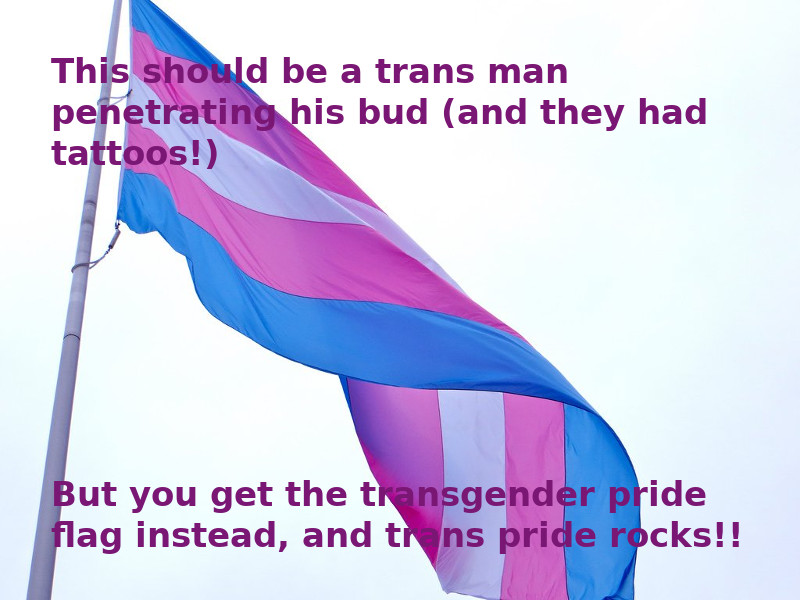
Sex is complicated, but many men are easy
Beyond the fantasy aspect, sexuality is both complex and complicated. Straight guys sometimes like to shag other guys, gay men sometimes enjoy sex with women—and that’s a very gender-binary take on things. For example, I have a couple of heterosexual male friends with whom I’ve had sex on multiple occasions, both of whom I’ve known for years—and I can assure you that they are straight.
You can enjoy aspects from a sexual experience even if you have no attraction to the person you’re doing sex things with. Maybe you like bl**j*bs, no matter who’s giving them. Maybe you’re into the genitals, but feel no attraction for the person because of their gender—I’ve seen many people describe that as their experience. So it’s possible that your sexuality resists fitting into a box and that it’s difficult to describe your experiences. Who turns you on, as opposed to what sexual experiences you end up having and deriving pleasure from can be two different things.
Finally, most people interested in hooking up with both women and men discover that men are easier (especially if you live in a city). Women tend to be more careful in whom they choose as sexual partners. Hook-up apps for queer men like Scruff or Grindr have made it easier to find male sex partners. This leads some men to have a lot more sexual encounters with other men than with women, and to question how much into women they are—when in fact it’s ease of access that skews the numbers.
On the other hand, you will also sometimes see straight guys looking for a hook-up with another man—often straight-ish or bicurious—for some easy sexual gratification. So these dynamics can also make people question their sexuality over time.
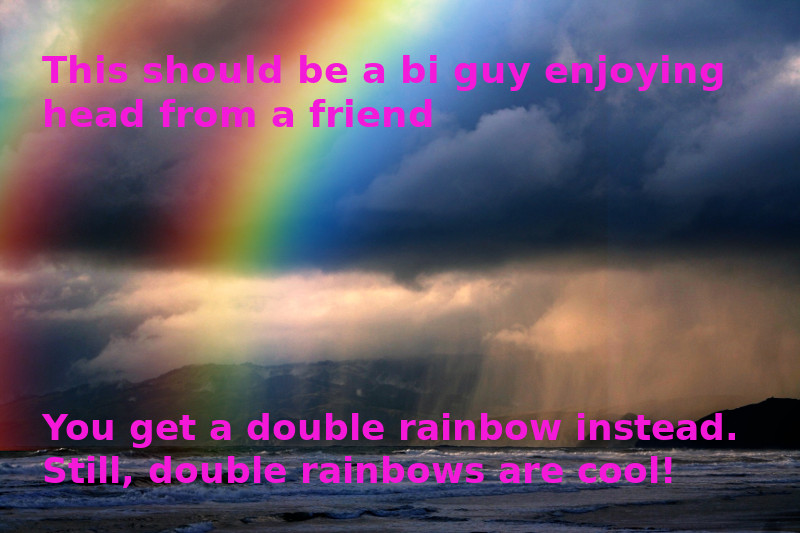
Messed up inside: internalized homophobia and biphobia
Although acceptance of homosexuality has improved in many places, most of us have grown up with our parents, peers, and media presenting heterosexuality as the only valid sexuality. Most of us have witnessed, faced, or even dished out homophobia. Most of us were taught that it’s “unmanly” to have sex with other men. Most of us have not seen homosexuality or bisexuality as something that is to be valued and cherished.
On top of that, while comfort has increased towards people who are exclusively homosexual, many feel that it’s wrong to be attracted to multiple genders. Somehow we’re supposed to settle for just one, to “make up our minds.” Many of us who come out as bisexual experience overt pressure to cave in and “just admit” we are gay and “in denial.”
All of this is bulls**t.
It’s bulls**t that sticks, though, and it’s probably messing you up from inside right now. That bulls**t is in those moments when you question your masculinity because of your homosexual desires or the sex you have with other men. It’s in that post-c*m shame that you’re feeling after indulging in your fantasies or sexing another guy. It’s in that desire to pass as straight, to be perceived as “straight-acting,” or to hook up only with another straight or bicurious guy—but not with someone who has embraced their queer side. It’s in those moments when you make a homophobic comment about a guy who’s “too feminine” or “too gay.” These are internalized homophobia.
But there’s internalized biphobia too: when you’re afraid you’re seen as less legit when you say you’re bi; when you tell yourself that your sexuality is not anyone else’s business; when you say you’d rather not put a label on your sexuality (part of this can be a legitimate feeling, but it can also be a fear of the dirty B-word); or when you say that you’re straight even though you know you’re bi and are aware of how f***ing sexy other men are. When the pendulum swings the other way, you can end up saying that you’re gay because it’s just fewer questions and people will judge you less for it. You might even start to believe it yourself.
Transitional bisexuality – identifying as bi for a while until you eventually realize you are gay – is a thing. Because of monosexism though – the prejudiced idea that being attracted to only one gender is more valid than being attracted to many – people make s**tty assumptions. They assume that a guy’s journey in discovering his sexuality ends the moment he finally “admits” he’s gay. That guy has supposedly become a monosexual – a person attracted to only one gender – and order has been restored.
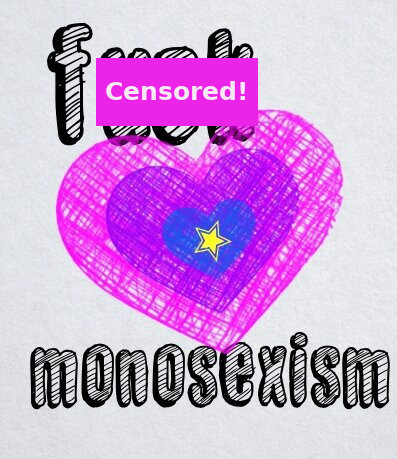
But no one talks about how a few years down the road he shags a female or nonbinary friend, and his vision of his own sexuality changes again. Sometimes, when someone who used to say they were gay suddenly asserts they are bisexual, they face rejection from some of their gay friends. So it opens up a whole new line of messy feelings for them to face.
I’m talking about this stuff, because internalized homophobia and biphobia stop you from looking at yourself the way you truly are, and from accepting and loving yourself. So let me tell you a few things, because maybe it’s the first time anyone will tell you these.
Your mutant superpower
Your sexuality is part of what makes you unique, special, and worthy of being loved. You deserve to be embraced, to be supported and cared for, and to be cherished. You deserve these things not in spite of your sexuality, but because of it. Your sexuality is part of your whole self, and someone who chooses to love you should love you whole. Your orientation gives you an outlook that other people don’t have, and it’s a treasure.
Your bisexuality is your mutant superpower: you have the special capacity to be attracted to many genders, and you’re not stuck with liking just one. You may not feel that way right now, but being bi is one of the most kick-a** things about yourself. Society taught you to feel shame for it, but if we lived in a less f***ed-up world, what you would feel instead is excitement, giddiness, and delight over that thing that makes you special. If you hang in there and fight hard for your right to be yourself, there’s going to be a day when that joy will be yours.
You are complex and ever-changing: sexual fluidity
Sexuality is fluid; it evolves and changes over time. There was bulls**t around the idea that sexual fluidity was a “female” thing. To her credit Lisa Diamond, the main researcher on the topic, backpedalled when later research showed evidence that men also experienced sexual fluidity.
What does this mean to you? The way you’re feeling about sex right now might not be the same in a few years, and might change again later on. I’m not saying your attraction to other guys will go away; it won’t. Also, if you try to repress it, it’ll come back stronger than ever—feelings hate being repressed.
But what I’m saying is that there is an ebb and flow in how strong your attractions for each gender will be. For some guys, this evolution is striking; for some others, it’s subtle. But this means that if things are confusing right now, they will be clearer later on. So it’s okay to give yourself time to figure yourself out, but also to leave yourself breathing space to grow through all of this.
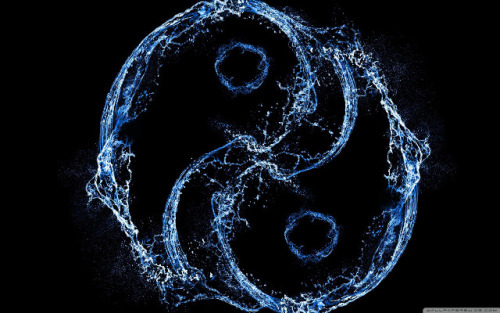
Your sense of identity can evolve too. As I mentioned above, there are guys who first come out as bi and eventually start saying they are gay. I did that. Over time, I realized I was more easily attracted to men than women, and I was only falling in love with men. Also, I was volunteering to do workshops in schools about homosexuality, and there was pressure from the organization to say that I was gay. I started believing what I was telling the students. It coincided with a period in my life where my attraction to women was fainter, because of my sexual fluidity and a lack of opportunities to get it on with women.
But after a few years of my gay “phase,” I had sex with a woman again—and I f***ing loved it. I realized how much I had missed it without realizing it, and I craved it again. I called myself bisexual again. So maybe you feel like you’re bi now, and will later come out as gay. Maybe it will stay that way; self-discovery takes many paths, and sometimes you need to think you’re bi before you realize you’re gay. But don’t think this is the end of your story just because you hit the gay milestone. Maybe you’ll discover that you quite enjoy shagging your queer female friends. . .
“What about love?”—Romantic orientation
Now, sexual attraction is one thing: it’s about who gives you a boner and who drives you nuts with lust. Romantic attraction is different, though: it’s about who you fall in love with. Sexual and romantic attraction often go hand-in-hand but not always, especially when you’re bi.
This is why a lot of people will not just talk about sexual orientation, but about romantic orientation too. I’ll talk about all those identities later, but I wanted to let you know that you can experience bisexuality in all kinds of ways. You can still call yourself bisexual if you want, even if your romantic feelings aren’t in line with this.
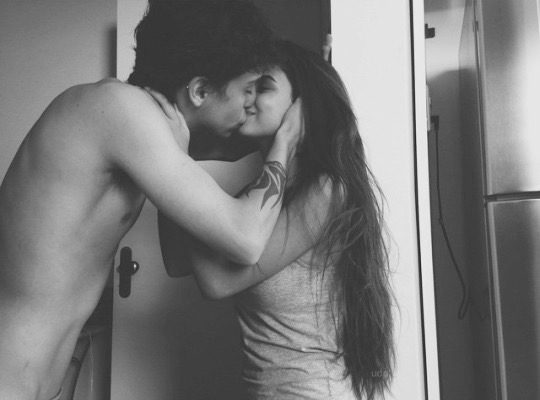
“But what do I call myself?” – Those pesky labels
For example, maybe you’re sexually attracted to multiple genders, but fall in love only with people from one specific gender. Maybe you’re attracted to one gender only, but only fall in love with another. I’ve seen some guys describe this as their experience, falling in love with women but being attracted to men, or the other way around. Maybe you get turned on by people no matter their gender, but never—or rarely—fall in love. Maybe you crush hard on people regardless of their gender, but don’t crave sex at all. Maybe you experience romantic love as easily as you are sexually attracted to people, no matter what’s between their legs.
These days, some people feel they shouldn’t label themselves. You can see why—sex is complicated, and even more so when you’re attracted to multiple genders. It’s easy to feel that a label doesn’t sum up who you are, especially when you keep evolving. But refusing to label yourself can be a cop-out.
Don’t get me wrong, I struggled with labels too for a long time: bi, queer, gay, queer, bi again, fluid, then polysexual (which didn’t exist when I started out). But I hate it when a celebrity eludes questions about their sexuality with a wishy-washy, “My sexuality is my own business,” or “I don’t want to label my sexuality.” It’s about politics and power in society. Heterosexual, straight, lesbian, homosexual, gay—these are the dominant labels. If you label yourself that, very few people will argue your sexuality isn’t a real thing. Society acknowledges monosexuals, even when society is still homophobic in many areas.
But there is a wave of change happening. Labels are multiplying. People want the words that stick with their realities, so they’ve been busy inventing new terms. Some people don’t like it because they don’t like the string of labels that comes with that. But it’s also exciting to see how diverse people’s identities and sexualities are.
It can be tricky: for example, I use both bisexual and polysexual. Bisexual is the simple label people understand without an explanation, the broad one behind which so many of us can rally to stake our claim at existence. It has a rich political history and as many people treat it like a dirty word, it’s important to reclaim it. As for polysexual, it’s the label that sticks best to me. But using it forces me to explain what the word means, and that there are way more than two genders; this is an advanced topic for most people when just saying you’re attracted to more than one gender is controversial in itself. So neither label is a perfect solution for me.
But wouldn’t you love if your personal hero or role model said on TV that “yeah, I’m bisexual and if you don’t like it, f*** you!”? Words have power.
Here are a few labels that are handy for the budding bisexual guy.
Bisexual: you are attracted to women, men, and possibly people of other genders.
Polysexual: you are attracted to people of multiple genders, but not necessarily all genders and not necessarily both women and men.
Pansexual: you are attracted to people regardless of their gender.
Heteroflexible, straight-ish: you see yourself as mainly heterosexual, but acknowledge that you wouldn’t do sex things only with women (maybe).
Homoflexible, gay-ish: you see yourself as mainly gay, but acknowledge that you wouldn’t do sex things only with other guys (maybe).
Fluid: you feel your attraction fluctuates a lot between genders.
Asexual: you have no feelings of sexual attraction, although you might enjoy some sex acts; asexuality exists on a diverse spectrum.
Demisexual: you feel sexual attraction only for people with whom you have a strong emotional connection; exists on the asexual spectrum.
Heteroromantic: you fall in love only with people of a different gender (typically men with women, and vice versa).
Homoromantic: you fall in love only with people of your own gender.
Biromantic / polyromantic / panromantic: you fall in love with women, men, and possibly other genders / with various genders / with people regardless of their gender.
Aromantic: you don’t fall in love, although you can experience other forms of deep emotional intimacy; aromanticism exists on a diverse spectrum.
Demiromantic: you fall in love rarely, only with people you know well; exists on the aromantic spectrum.
So “Am I bi ?” just became more complicated. Are you heteroflexible? Heteroromantic bisexual? Homoromantic polysexual? Asexual biromantic? Of course, you can just keep things simple, and use the words that are the most familiar to you. A lot of the time, just saying “I’m bisexual” is enough.
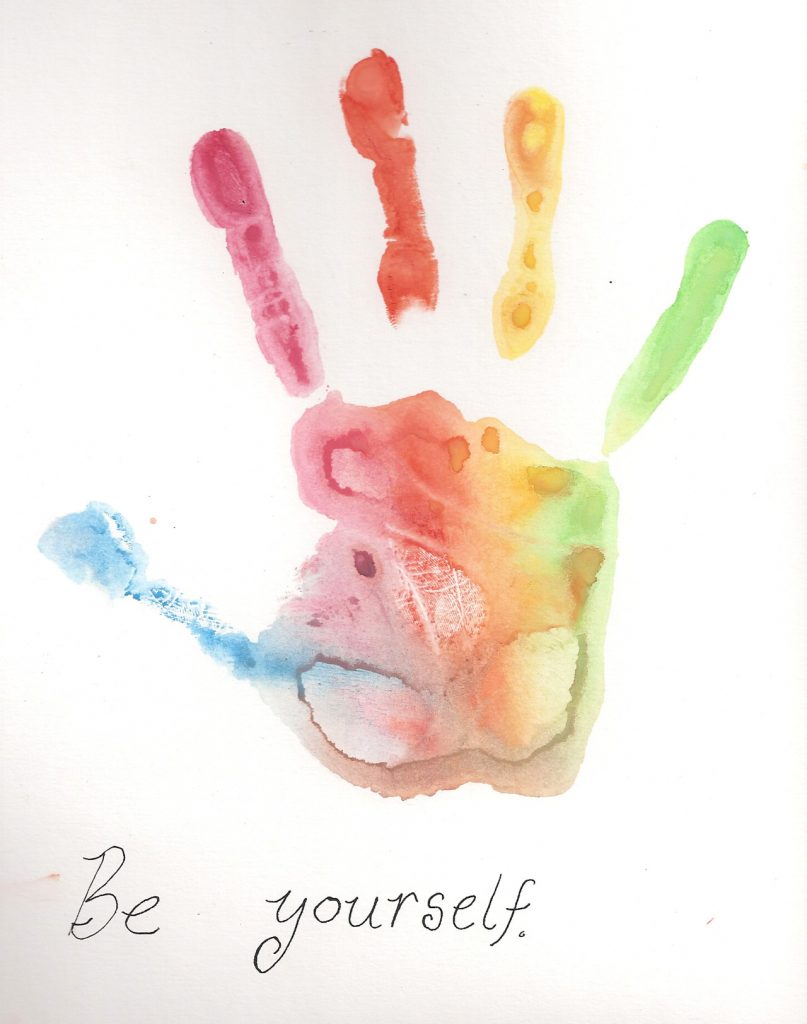
But in the end, the most important thing isn’t labels. It’s what you are feeling for the other human being right in front of you.
